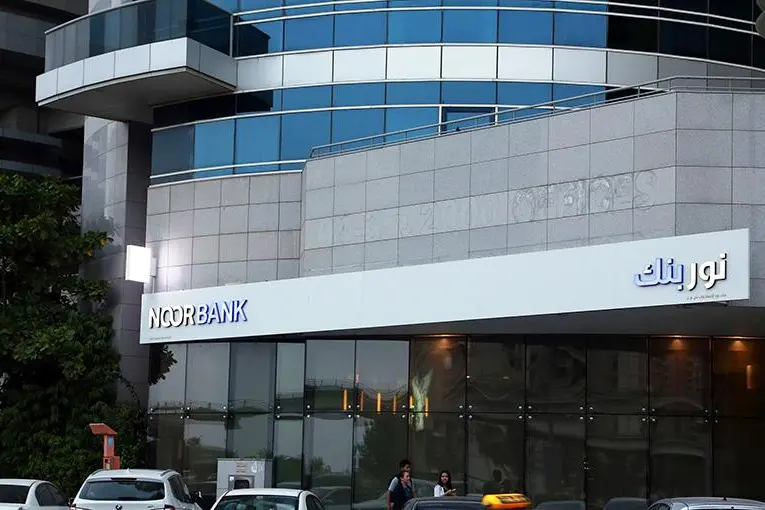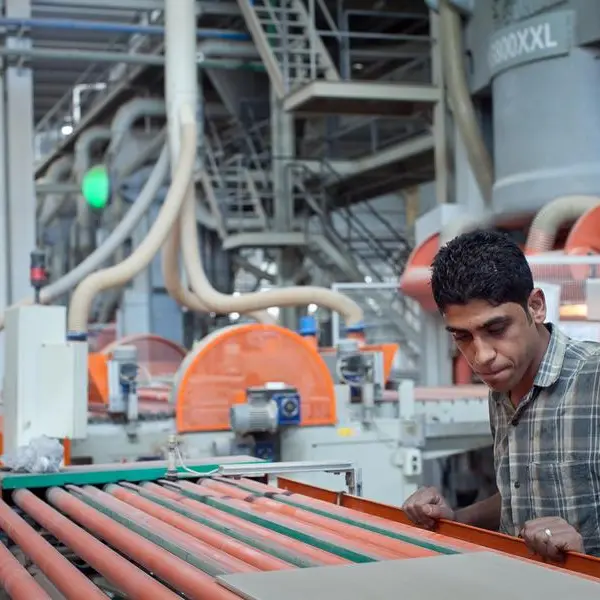PHOTO
Dubai-based Noor Bank announced a 62 percent rise in net profit on Wednesday to 601.3 million United Arab Emirates dirhams ($163.7 million), up from 370.9 million in 2017.
The increase in net profit was significantly higher than the bank's 3 percent increase in revenue to just over 2 billion dirhams, which chief financial officer Vicky Bhatia explained to Zawya in a telephone interview was largely due to lower provisioning for impairments on its financing portfolio.
"I think in terms of the percentages, income is up by 3 percent, costs are lower by around one percent compared to last year, and impairment is where the dial has moved. It's been quite low as compared to the previous year."
Bhatia attributed the decline to a decision taken as part of a strategic review at the end of 2017 to curtail unsecured financing to SMEs.
The bank's financial statements show that impairment charges fell by 27 percent to 613.9 million United Arab Emirates dirhams, yet still are more than half of the bank's operating profit of 1.29 billion dirhams for 2018.
However, Bhatia argued that the bank's non-performing financial ratio, at 4.4 percent, was "still pretty healthy".
"If you take the market average, based on the numbers that we see, generally, it's over 5 percent across the industry," he said. He declined to give an outlook for its non-performing assets for 2019, but said the bank's provision coverage ratio was "high", at around 151 percent.
Noor Bank is a Shariah-compliant bank which was founded in 2008, but which has grown to be the UAE's 10th-biggest bank by size of assets, according to its annual report, which was published on Wednesday. The report shows that its total assets grew by 19 percent last year, to 50.7 billion dirhams by December 31. It also shows that almost half (49 percent) of the bank's 2018 revenues came from wholesale banking, with 41 percent from business banking and 10 percent from other sources.
Noor Bank is owned by Investment Corporation of Dubai - the sovereign fund that also owns significant stakes in Dubai's largest lender, Emirates NBD, and in Dubai Islamic Bank. It has a long-term rating of A- by ratings agency Fitch with a stable outlook, according to the bank's annual report.
According to UAE Central Bank data, the total share of banking assets in the UAE held by Islamic banks fell marginally in 2018 – to 20.3 percent in December, down from 20.4 percent in the same month a year earlier.
(Reporting by Michael Fahy; Editing by Gerard Aoun).
Our Standards: The Thomson Reuters Trust Principles
Disclaimer: This article is provided for informational purposes only. The content does not provide tax, legal or investment advice or opinion regarding the suitability, value or profitability of any particular security, portfolio or investment strategy. Read our full disclaimer policy here.
© ZAWYA 2019




















